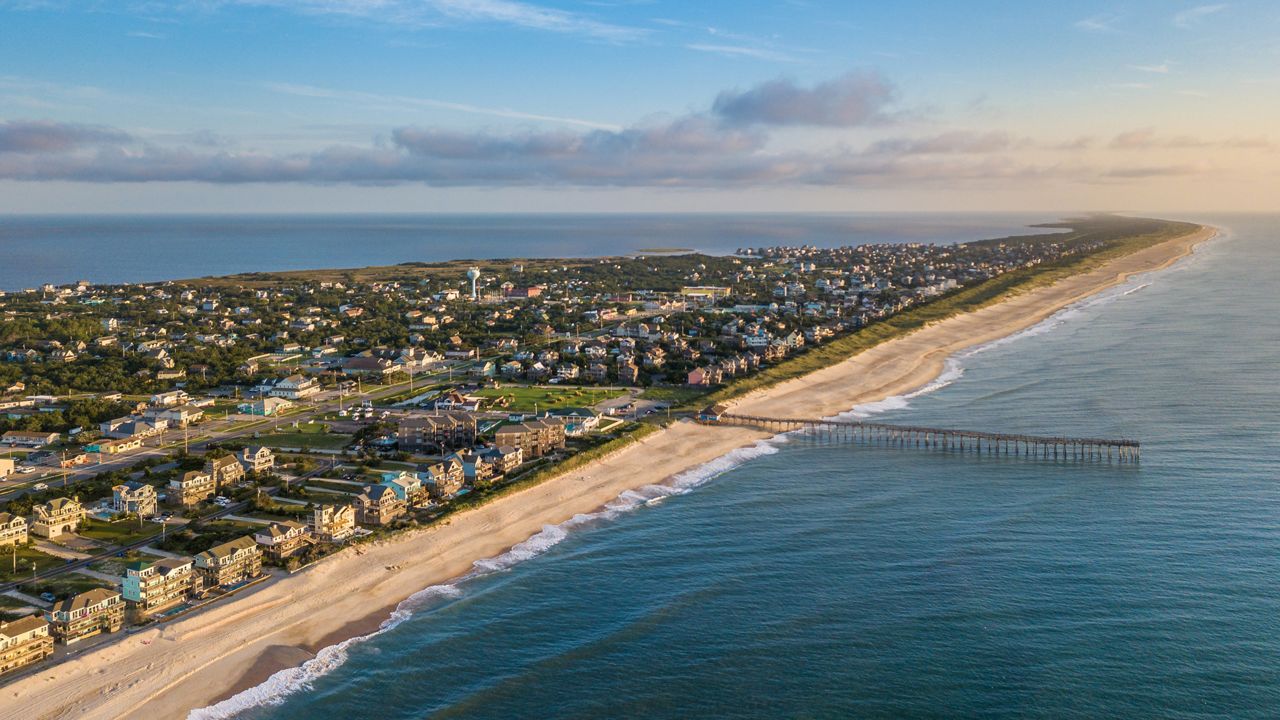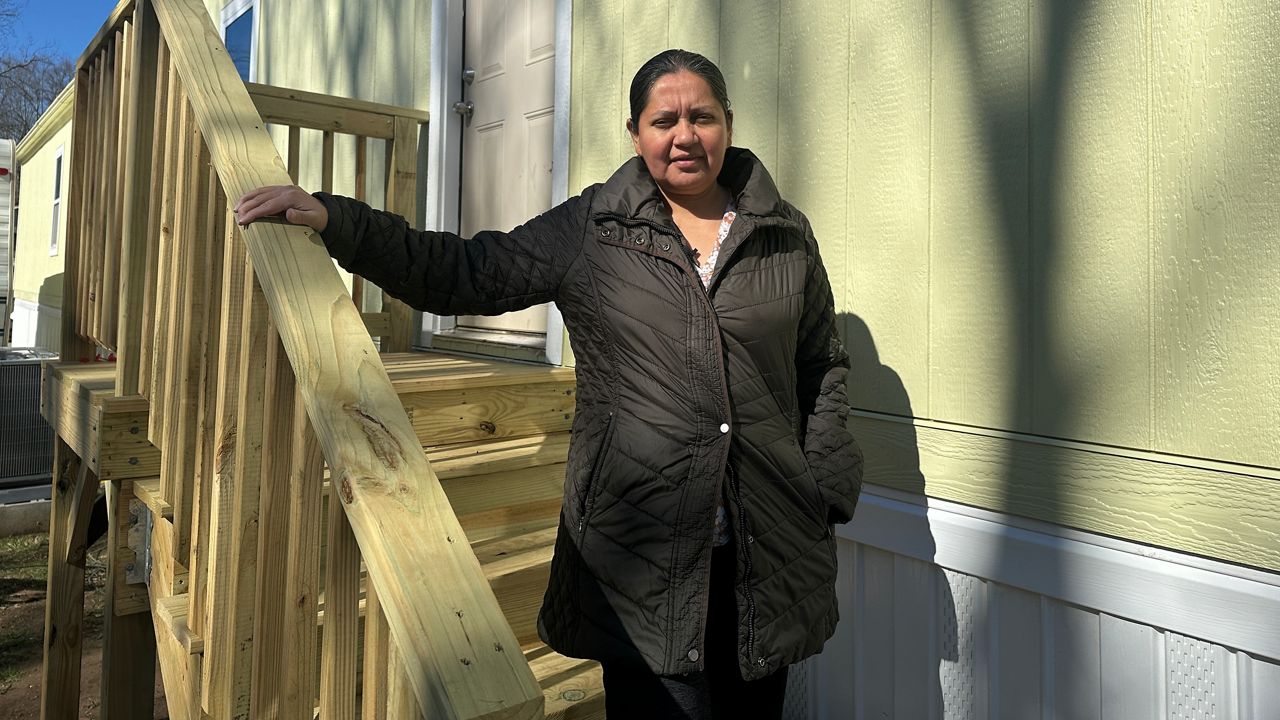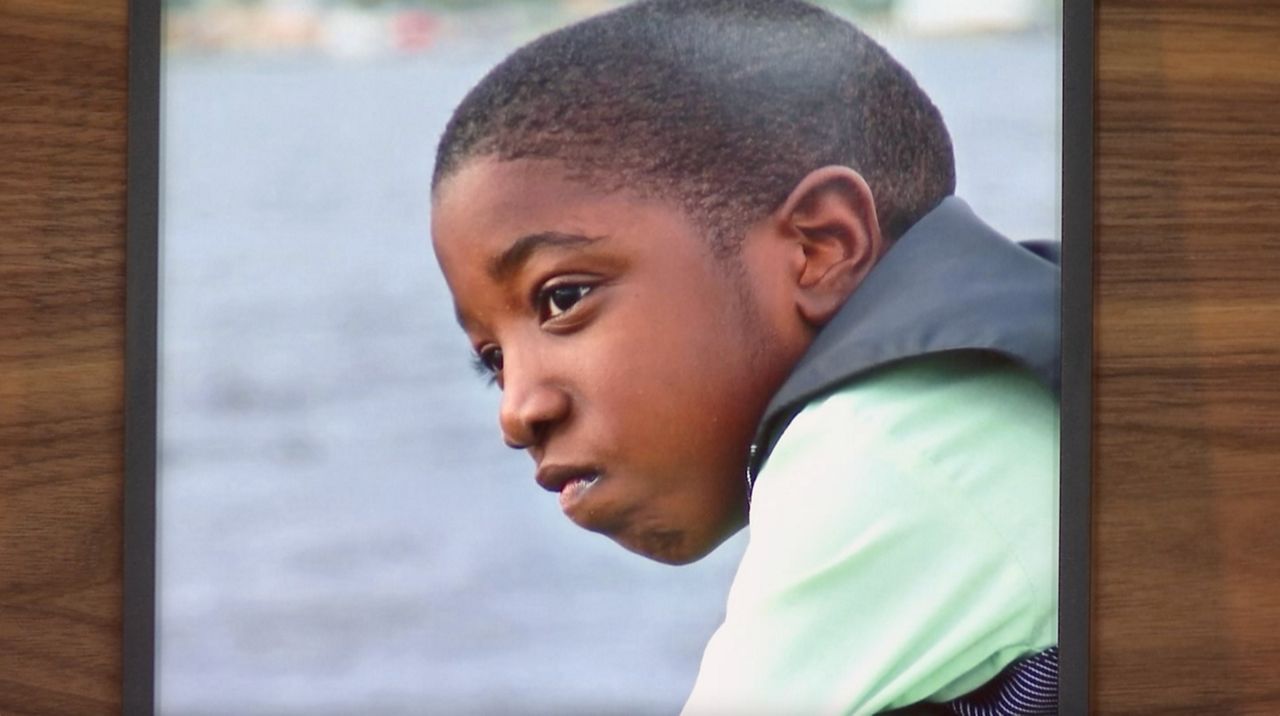JOHNSTON COUNTY, N.C. — Tribal elders of the Tuscarora Nation are working to make sure their people are not forgotten.
Tribal elders Robert Chavis and Timothy Jacobs are eager to share the history of their ancestors through an exhibit at the Johnston County Heritage Museum that features artifacts and depictions of tribal life.
-6)
“You know, when I'm dead and gone, people can come see this,” Chavis said. “Elders like myself and Timothy Jacobs are like walking history books.”
The Tuscarora are a tribe once so powerful they dominated the entire region of what is now North Carolina. They aided the British in the French and Indian War before ultimately being displaced and defeated by colonists in the Tuscarora War.
“We are North Carolina and North Carolina is us, even though we predate and are older than North Carolina,” Chavis said.
He said he’s thrilled the museum has recognized the important role the Tuscarora played in history, but he doesn’t want that to take away from the tribal culture and customs still in place to this day.
-8)
“We want people to know that we're still here,” Chavis said. “We've been here since the beginning of time, our ancestors. We're still here, our bloodlines are still intact. There's no way that we're just history.”
Today, the culture of the Tuscarora remains strong among tribal descendants as they work to honor their past and the people who played a part in shaping North Carolina’s lands.
The artifacts included in the display range from 300 years old to thousands of years old. Many come from a sacred site discovered last year in Clayton that Chavis says could yield countless more finds with the proper archaeological examination.
“I want to go back and see if we can find more items along the creek in particular,” Chavis said.
The museum and the Tuscarora exhibit are free to the public and open 10 a.m.-5 p.m. Monday through Saturday.









